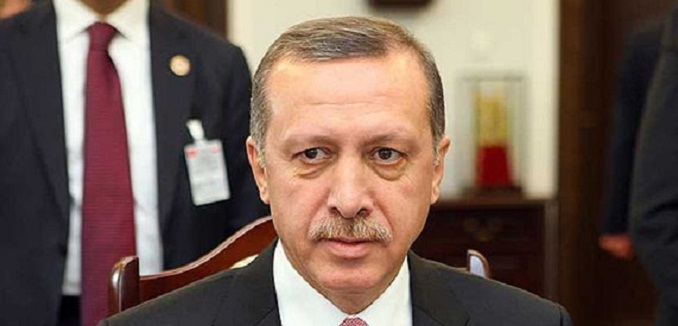There are credible arguments to be made that Turkish-Egyptian relations have literally never been worse since the two countries took shape as modern states. The two countries had exchanged ambassadors soon after WWII, signed a free trade agreement in 2005, and been declared by Ankara to be part of an “axis of democracy” as recently as 2011.
Since Egyptian military ousted the country’s former president Mohammed Morsi amid mass protests demanding his resignation, things have taken a turn. Both countries have recalled their ambassadors, though there has since then been a partial restoration. On the economic front, Turkey this week froze a credit line that Ankara had offered to Cairo during Morsi’s tenure.
Egypt has also nixed a trip that Turkish Prime Minister Tayyip Erdogan has announced to the Gaza Strip, which would have required him to transit through the border crossing between the Egyptian-controlled Sinai Peninsula and Gaza. Erdogan had sought to pressure on Israel into lifting its blockade of the Gaza Strip, which Israel maintains to prevent weapons from reaching Hamas. The Iranian-backed terror group controls the Gaza Strip, and is treated as a security threat by both Jerusalem and Cairo.
Comments by Erdogan in support of Morsi and against the army had, according to the Egyptian foreign ministry, not been met well:
Egypt’s interim government voiced “strong resentment” on Tuesday at comments by Turkish Prime Minister Recep Tayyip Erdogan backing ousted Islamist president Mohamed Morsi. The foreign ministry expressed ” at comments like these, which… represent a clear intervention in internal Egyptian affairs,” its spokesperson Badr Abdelatty said.
Now Egyptian officials have arrested a Turkish citizen on charges of espionage. A 46-year-old Turk, Rasit Oguz, was arrested northeast of Cairo late in August. He was allegedly taking photographs of military infrastructure.
The development is unlikely to contribute positively to bilateral ties.
The decline of Turkish-Egyptian relations comes alongside a percipitous collapse in Turkey’s regional standing. Two years ago, there were corners of the foreign policy community which insisted that Erdogan was on the cusp of reasserting Turkish power across the region. This week Reuters commented that Erdogan’s pro-Islamist policies – especially in the context of Syria and Egypt – had left the Islamist leader and his country isolated, “sidelined,” and “increasingly lonely.”
[Photo: Avala / Wiki Commons]




